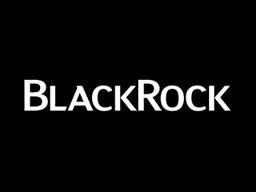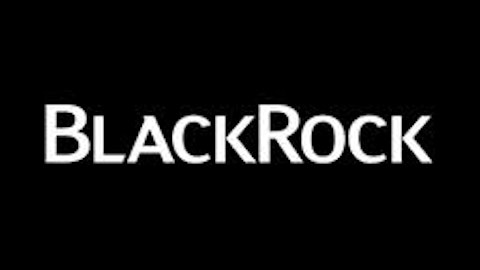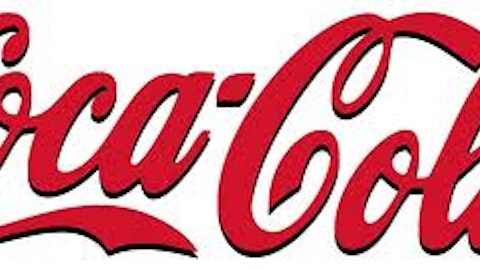Earlier this week, I took a look at how the recently expanded exchange-traded fund partnership between Fidelity and BlackRock, Inc. (NYSE:BLK) affects investors today. However, the deal may have several broader, longer-term implications for the ETF industry, one of which relates to the huge retirement-account industry. Let’s quickly take a look at the overall retirement-account market. Then we’ll dive into what this expanded partnership may mean for the industry.
A 30,000-foot view
Last summer the Department of Labor enacted a ruling mandating employers to provide more extensive fee information to their 401(k) plan participants. The fee disclosures show what workers pay on various investment options in their employer-sponsored retirement plans. This new transparency has employers seeking lower-cost plan options. According to an October 2012 Plan Sponsor Council of America survey, more than 15% of plan sponsors sent out a request for proposal after the fee disclosure regulations went into effect, signaling heightened awareness on their parts.
Most 401(k) providers already offer a smattering of low-cost index funds, but ETFs represent another inexpensive option for employer-sponsored plans. And if the criteria for 401(k) fund selections focus more on holistic plan costs, then ETFs may prove very hard to beat for their one-two punch of low costs and accessibility. Even though ETFs have soared to more than $2 trillion in assets in their 20-year tenure, they’ve yet to infiltrate the 401(k) market.
Due to the way ETFs trade (intraday, like stocks, as opposed to once a day, like traditional mutual funds), there exist technical limitations for offering them in 401(k) plans. But firms are trying to break this barrier, and those with brokerage arms are best positioned to do so. This is because brokerages make the trades themselves and don’t have to pay a third-party entity to do so, which keeps expenses down.
Some brokerage firms like Charles Schwab Corp (NYSE:SCHW) already offer ETFs in 401(k)s. In fact, Schwab plans to launch an all-ETF 401(k) next year. ING Direct ShareBuilder, which is now part of Capital One Financial Corp. (NYSE:COF), already provides an ETF-only 401(k) plan, with annual fees for several of its portfolios ranging between 15 and 20 basis points annually. TD Ameritrade Holding Corp. (NYSE:AMTD) also offers ETFs in its 401(k) platform. Fidelity does not — but this extended deal with BlackRock, Inc. (NYSE:BLK) may change that.
Sea change
Low-cost options are becoming more desirable than ever in the 401(k) market, but so is control over our own accounts. These factors have led to the increased availability of self-directed 401(k)s, which allow plan participants to invest some of their contributions outside of the employer-set menu. An employer deems whether or not its 401(k) plan offers this option.



